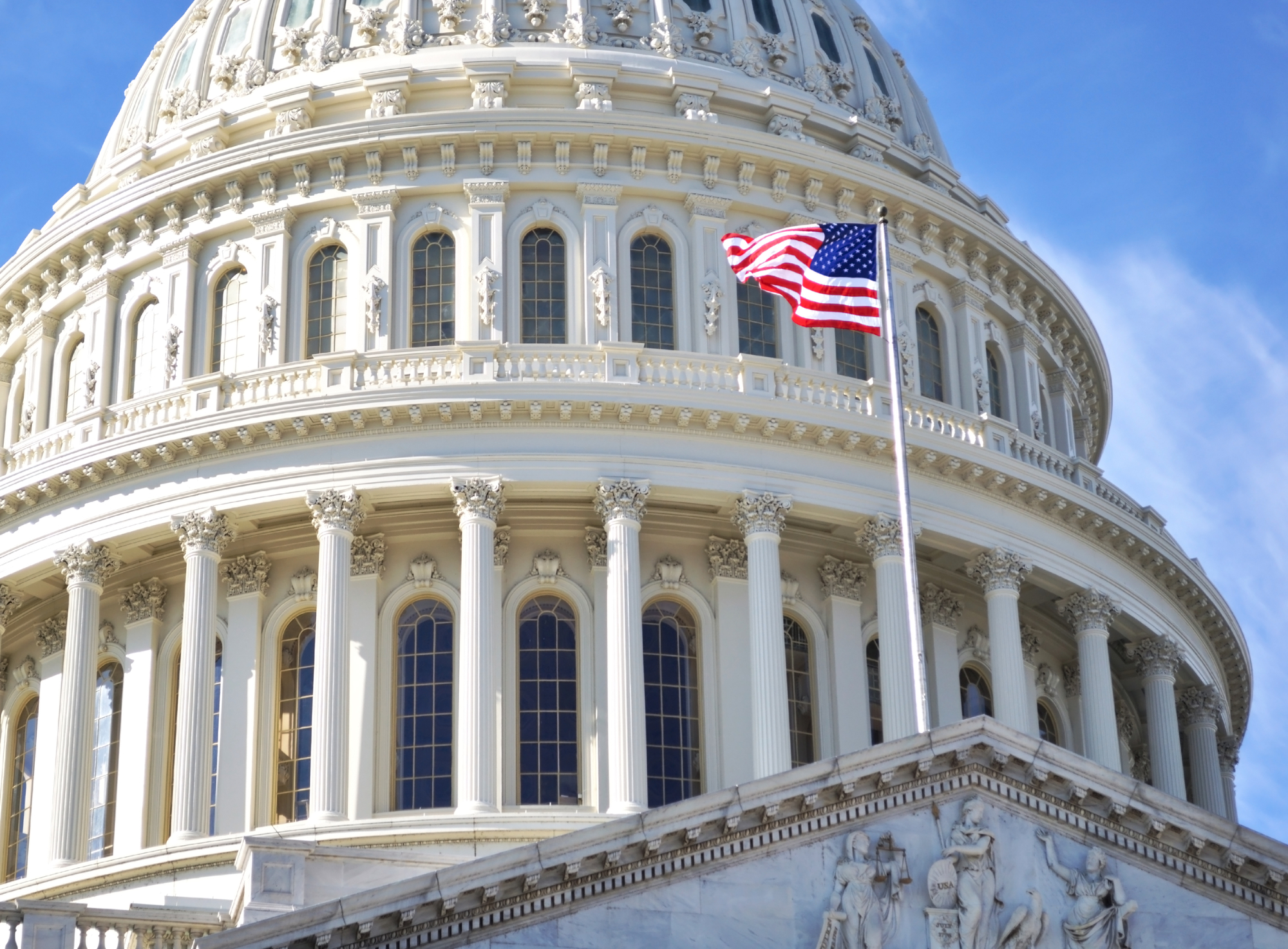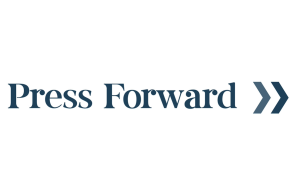Federal legislation that would increase the cap on the temporary Universal Charitable Deduction (UCD) and extend it through 2022, allowing non-itemizing taxpayers to get a deduction for their charitable giving, was reintroduced today into both house of the U.S. Congress.
The Universal Giving Pandemic Response and Recovery Act would increase the cap on the UCD from $300 for individuals and $600 for married couples, to one-third of the standard deduction, or $4,000 for individuals and $8,000 for joint filers. The bill also would eliminate the exclusion of gifts to donor-advised funds (DAF) from the current UCD.
The bill was introduced by eight senators — four Republicans and four Democrats — many of whom sponsored the bill in the previous session of Congress: James Lankford (R-Okla.), Chris Coons (D-Del.), Tim Scott (R-S.C.), Amy Klobuchar (D-Minn.), Mike Lee (R-Utah) and Jean Shaheen (D-N.H.). New in this 117th Congressional session are Susan Collins (R-Maine) and Catherine Cortez Masto (D-Nev.), another member of the key Senate Finance Committee along with Lankford and Scott. In the House of Representatives, the measure was introduced by Rep. Chris Pappas (D-N.H.) and Rep. Jackie Walorski (R-Ind.).
“Incentivizing all taxpayers to give to charity – regardless of their income or whether they itemize – ensures that nonprofits doing critical work in our communities will receive the resources necessary to help as many Americans as possible,” Brian Flahaven, chair of the Charitable Giving Coalition, said via a statement. “Our nation’s charities continue to fight to keep their doors open, and while the government relief over the past 12 months has been most welcome, we recognize that there is still more that can be done,” he said.
Small-dollar donations have helped keep the nonprofit sector during the COVID-19 pandemic. According to the Fundraising Effectiveness Project (FEP), donors who give $250 or less rose by 19% in the second quarter of 2020 over the same period in 2019, after a sluggish start to the year even before the pandemic.










